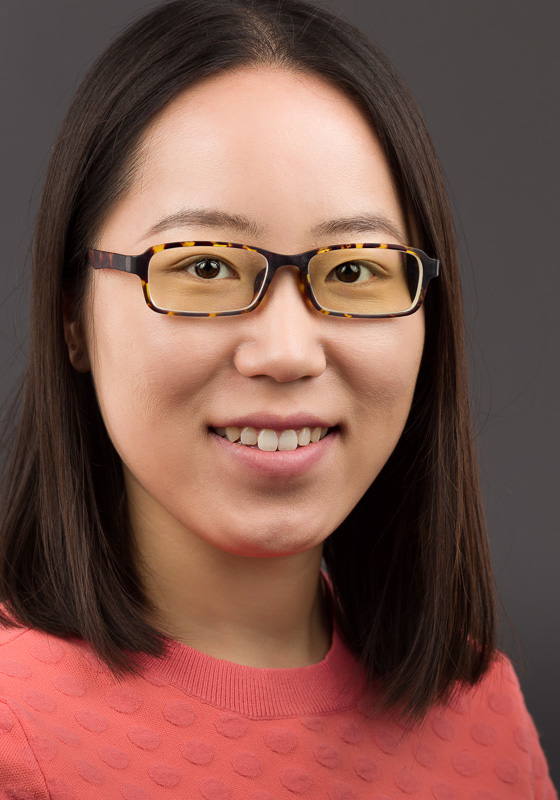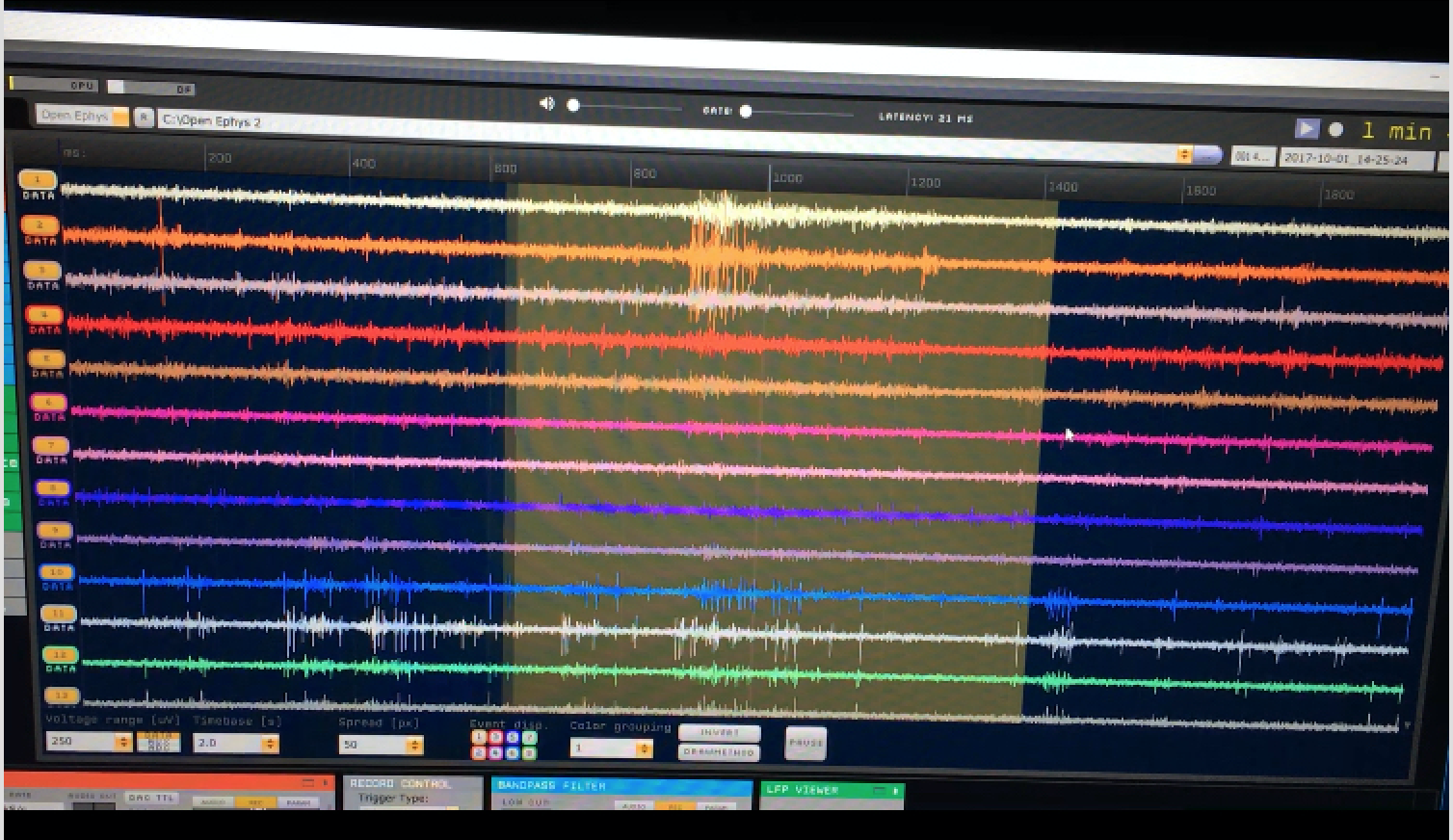Yu Tang

Life Sciences
Mentor / Lab:
Dr. Alexander Chubykin
Specific Research Area / Project:
Experience-dependent activity changes in visual cortical circuits
Undergraduate Institution:
Purdue University, China Agricultural University
Lab / Personal work-related websites:
Lab WebsiteResearch Profile:
Upon light hits your eyes, visual information gets processed through the retina, relayed to the thalamus, and interpreted by the visual cortex. The visual cortical neuronal circuits orchestrate in dynamic ways to interpret the complex world, their activity 'mode' can be altered by many factors, such as whether you are tense or relaxed (brain state), whether the visual scene is familiar or novel (visual familiarity), and so on. Visual experience is one of the factors that changes visual cortical circuit activity mode, and how neuronal circuits changes while getting familiarized seeing an object has been a long-lasting research topic in neuroscience.
My research focuses on higher-order visual cortical activity changes after visual experience, and how it influences activities in the primary visual cortex. The visual cortex has a hierarchical structure, the primary visual cortex being the first stage and encoding features like orientations and directions. Higher-order visual cortical areas have more specialized functions, such as object recognition, motion detection, and they reciprocally connect with the primary visual cortex. Recent studies revealed the capability of the primary visual cortex activity in reporting familiar visual stimulus, detecting deviance, and perceiving coherent motions, but whether these activity profiles under influence of higher-order visual cortical activities is understudied. With genetically modifiable mouse line, optogenetics, high-density extracellular recording techniques, we are now able to get a closer look on these questions. By understanding the circuit mechanisms of how we see the world, we can help develop targeted treatments for people with difficulties in vision.
About Me:

My interest in neuroscience had been deeply buried, but hardly realized until I came to Purdue. I started my college in China Agricultural University, where I started to know about different fields in life sciences, tried to find the one that I am most interested in. Though I had a really fun time in my psychology selective class, I did not think about studying neuroscience as there were not many neuroscience researchers on campus. At the third year of my undergraduate study, I transferred to Purdue, got to know more and more about neuroscience research, and started exploring the interdisciplinary nature of it, which has kept me intrigued since then. Biologists try to answer how neuronal activities encode behaviors, engineers try to answer how we can decode behaviors from neuronal activities. Studying neuroscience is truly a fun process when I get new things to learn everyday.
Publications:
- Kissinger, S. T.,* Pak, A.*, Tang, Y., Masmanidis, S. C., & Chubykin, A. A. (2018). Oscillatory encoding of visual stimulus familiarity. Journal of Neuroscience, 3646-17. *these authors contributed equally to this work
Presentations:
- Tang, Y. & Chubykin A. A. ‘Dynamic neural oscillations in mouse primary and anterolateral visual cortices’, Sensorium, University of Cincinnati (September, 2017)
- Tang, Y. & Chubykin A. A., ‘Stimulus size modulation of experience-dependent oscillations in mouse primary visual cortex’, BioRetreat, Purdue University (October, 2017)
- Tang, Y. & Chubykin A. A., ‘In vivo direct reprogramming restores visually evoked responses after focal stroke’, IndianaCTSI, IUPUI (December, 2017)
- Tang, Y., Wu, Q., Ryu, E., Chen, Y., Pei, Z., Chen, G. & Chubykin A. A. ‘In vivo direct reprogramming restores visually evoked responses after focal stroke’, BSCI IU/Purdue Symposium, IUPUI (January, 2018)
- Tang, Y., Wu, Q., Ryu, E., Chen, Y., Pei, Z., Chen, G. & Chubykin A. A. ‘In vivo direct reprogramming restores visually evoked responses after focal stroke’, Greater Indiana SfN annual meeting, Purdue University (March, 2018)
- Tang, Y., Wu, Q., Ryu, E., Chen, Y., Pei, Z., Chen, G. & Chubykin A. A. ‘In vivo direct reprogramming restores visually evoked responses after focal stroke’, PULSe Retreat, Purdue University (August, 2018)
Leadership:
- PULSe GSO Diversity and Inclusion Chair (2017)
- Science in School volunteer (2017)
- PULSe first-year mentor (2017)

